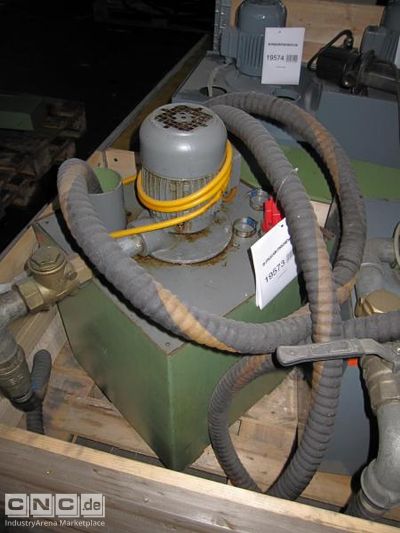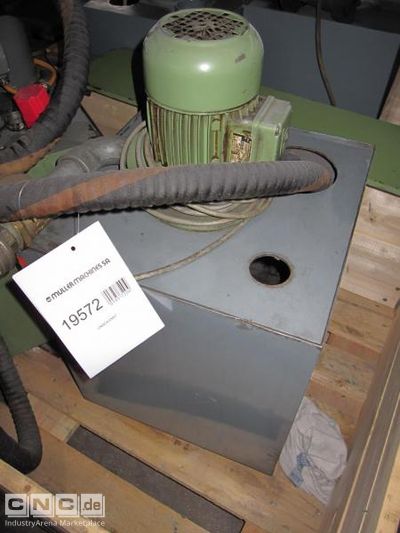Mercado de máquinas e instalaciones usadas
Máquinas usadas Air Cooled Chillers, Refrigeration
Coolers and cryogenic treatment are important processes in the heat treatment of metals and other materials. After a material has passed through a hardening furnace, it may be overheated and require cooling to stabilize and maintain its hardness and strength. In some cases, specific cryogenic treatment may also be necessary to achieve certain properties of the material. Coolers are industrial equipment usually used after a hardening furnace. They consist of a cooling system that rapidly cools the material in a controlled manner to achieve the desired hardening and strength properties. Depending on the type of material and the hardening process, a cooler can be operated with water, oil or air. Some coolers can also be connected to other systems, such as degreasing or cleaning equipment, to allow seamless integration into the production process. Cryogenic treatment is a process in which the material is cooled to a very low temperature to achieve certain properties. This treatment can be used to improve hardness, toughness and corrosion resistance. An example of cryogenic treatment is work hardening, in which the material is cooled to a very low temperature (usually between -80°C and -196°C) to increase its hardness and strength. Overall, coolers and cryogenic treatments are important processes in the heat treatment of metals and other materials. They make it possible to achieve the desired hardness and strength properties and prepare the material for use in a variety of applications.
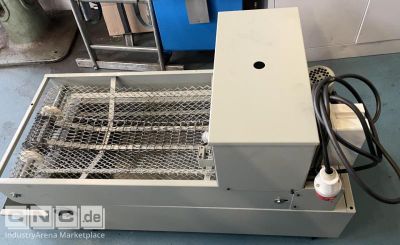
|

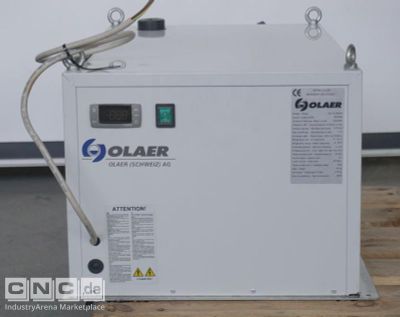
|

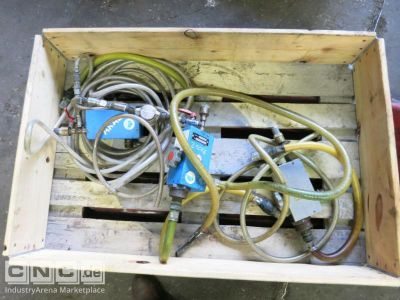
|

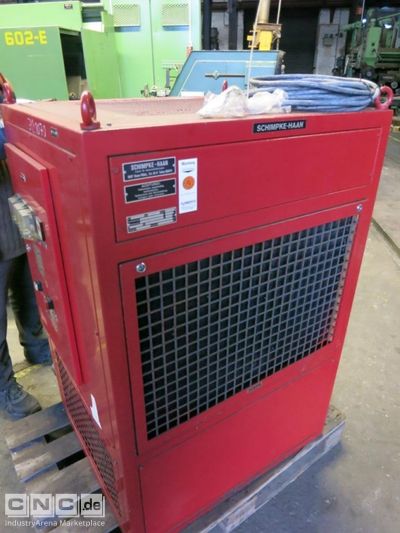
|

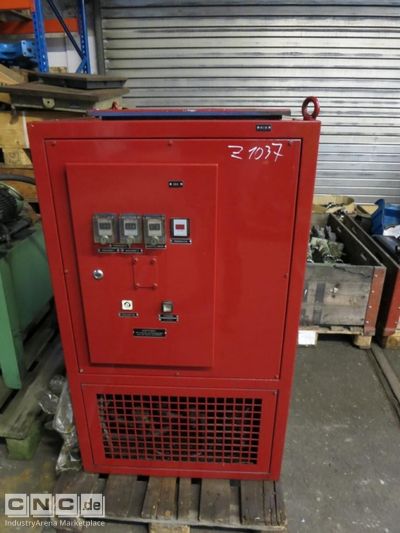
|

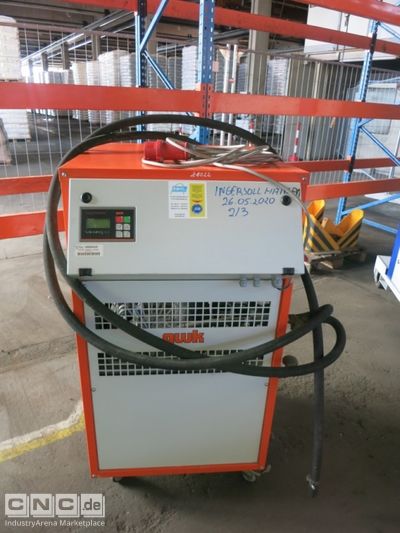
|

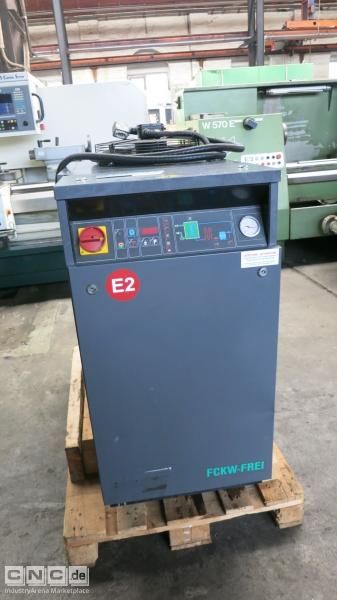
|

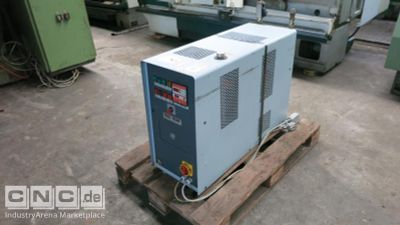
|

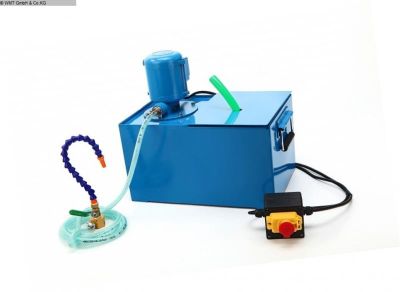
|












